HAVE you ever wondered what Swanage was like 100 years ago?
We’ve examined a copy of the Swanage Times & Directory from January 27, 1928, to answer that very question, and see where similarities lie with the modern day…
“Is Swanage dull?” asks the title of one article.
It bemoans that “nothing happens in Swanage during the winter months”, except for one evening when all the events clashed.
“The whole affair becomes a jumble of different events with the result that each is more or less poorly attended,” it said.
Members of the local “Men’s Society” – which seems like an unnecessary distinction for 1920s Britain – were treated to a talk by Oliver Quick, charting his travels through the exciting, farflung lands of Cornwall.
Hosted at the Church Hall, it was supplemented by lantern slides – glass photographs projected by a specialist light.
However, unfortunately for Mr Quick, not even the Rector turned up to listen.
In other news, a councillor thanked “ladies” for voting and encourages them to stand for election.
The unnamed member of the Urban District Council gained his seat thanks to the backing of the local Women Unionists group and said they should seek direct representation.
According to the report, it was an “open secret” the group was considering presenting two candidates but there seemed to be “a certain shyness in making the attempt”.
But it makes clear that “if elected, [women] will doubtless prove of great assistance to the local authority”.
In 2024, Dorset Council is chaired by Val Pothecary.

READ MORE: BBC pliosaur Philip Jacobs: The man behind the “Sea Monster”
Elsewhere a century ago, Cuthbert Plaistowe announced his desire to stand as the liberal parliamentary candidate for South Dorset.
He criticised Stanley Baldwin’s Conservative government, who “looked after their own friends” while the country “had to pay more on borrowed capital”.
Nearly a century later and similar complaints continue to be waged against the party.
The Cuthbert campaign would ultimately prove unsuccessful, losing to Unionist candidate Robert Gascoyne-Cecil in the 1929 general election, by 6,464 votes.
Meanwhile in Sport, the junior Swanage football team hosted a side from Bovington camp.
Conditions were far from ideal – “they had difficulty keeping the ball out of the mud” – but the Swans were able to comfortably win 5-1.
The reserves played away against Wareham Rangers, but faced an uphill battle with two of their defenders unavailable.
This was particularly problematic as the most common formation at the time was 2-3-5; they were forced to find reserve reserves for their entire backline.
Unsurprisingly, they lost 6-3.
The report said the reserves were “perhaps one of the unluckiest teams in the district, for whenever they have an important fixture, either their best players are required for the first team, or are unfit”.


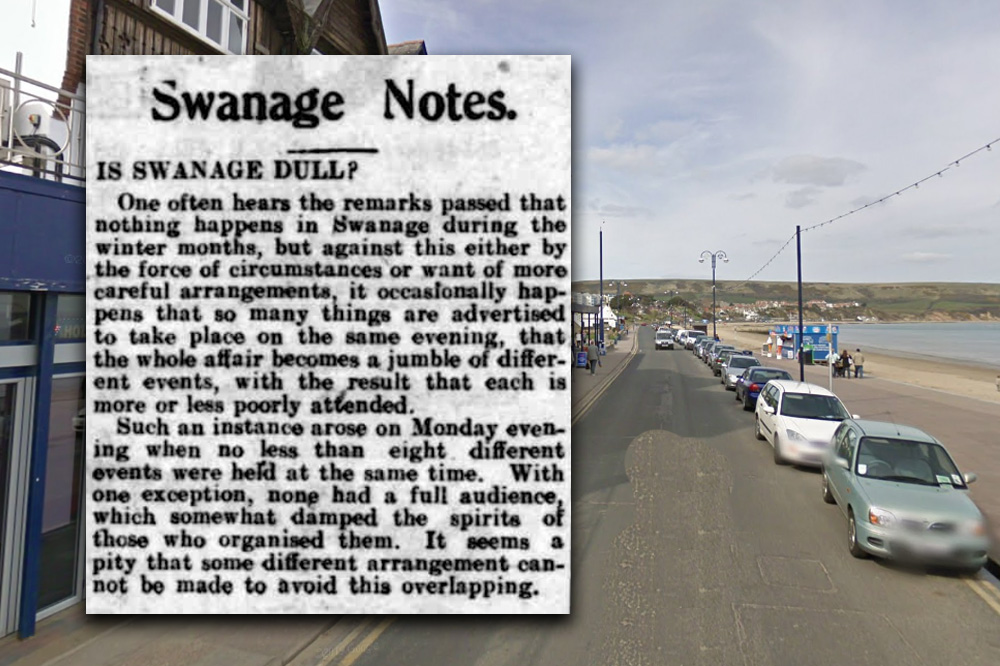
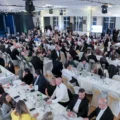
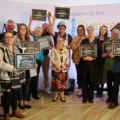
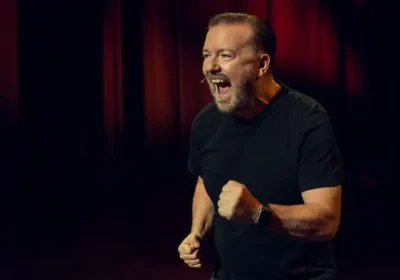
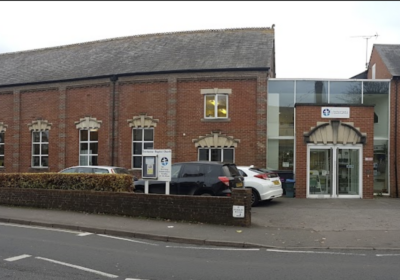
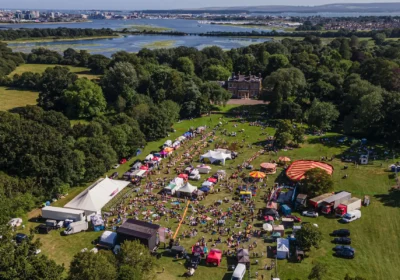

Leave a Reply